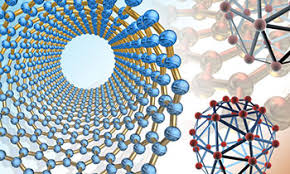Mechanical and Materials Engineering, Department of

Department of Mechanical and Materials Engineering: Faculty Publications
Document Type
Article
Date of this Version
2019
Citation
Biomech Model Mechanobiol. 2019 December ; 18(6): 1591–1605. doi:10.1007/s10237-019-01162-0.
Abstract
Planar biaxial testing is commonly used to characterize the mechanical properties of arteries, but stresses associated with specimen flattening during this test are unknown. We quantified flattening effects in human femoropopliteal arteries (FPAs) of different ages, and determined how they affect the calculated arterial physiologic stress-stretch state. Human FPAs from 472 tissue donors (age 12-82 years, mean 53±16 years) were tested using planar biaxial extension, and morphometric and mechanical characteristics were used to assess the flattening effects. Constitutive parameters for the invariant-based model were adjusted to account for specimen flattening, and used to calculate the physiologic stresses, stretches, axial force, circumferential stiffness, and stored energy for the FPAs in 7 age groups. Flattened specimens were overall 12±4% stiffer longitudinally and 19±11% stiffer circumferentially when biaxially tested. Differences between the stress-stretch curves adjusted and non-adjusted for the effects of flattening were relatively constant across all age groups longitudinally, but increased with age circumferentially. In all age groups these differences were smaller than the intersubject variability. Physiologic stresses, stretches, axial force, circumferential stiffness, and stored energy were all qualitatively and quantitatively similar when calculated with and without the flattening effects. Stresses, stretches, axial force, and stored energy reduced with age, but circumferential stiffness remained relatively constant between 25 and 65 years of age suggesting a homeostatic target of 0.75±0.02 MPa. Flattening effects associated with planar biaxial testing are smaller than the intersubject variability, and have little influence on the calculated physiologic stress-stretch state of human FPAs.
Included in
Mechanics of Materials Commons, Nanoscience and Nanotechnology Commons, Other Engineering Science and Materials Commons, Other Mechanical Engineering Commons


Comments
2019 Author(s)